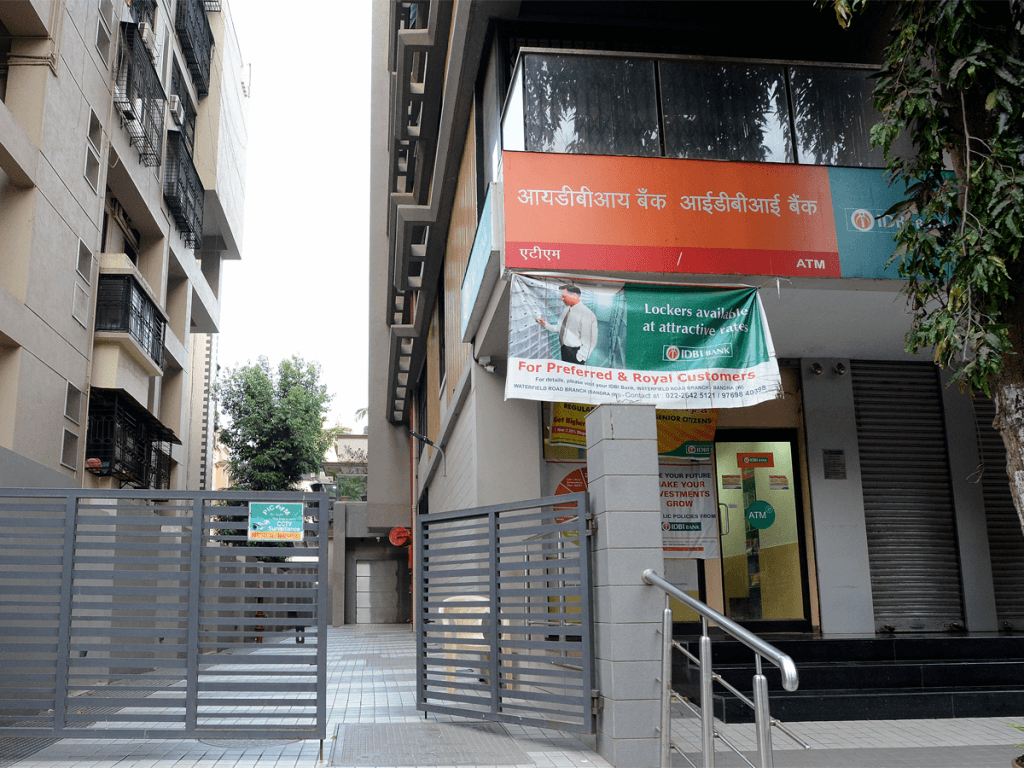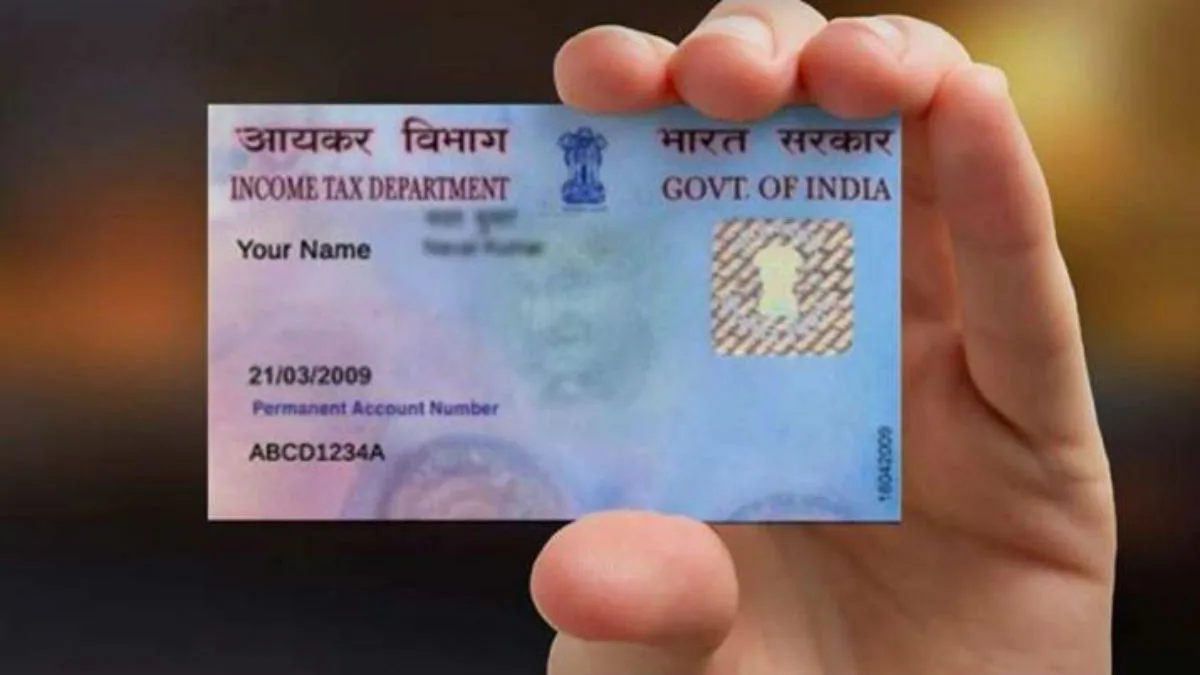The Coronavirus Pandemic has created a sense of insecurity amongst the people and there is a possibility of we make mistakes under the pressure. This article will help you avoid making four big mistakes that we might make during Coronavirus Pandemic.
There is one major quantity in the humans and that is overreact to the news, either good or bad and the news of COVID 19 made everyone feel insecure. According to the reports, 25 percent fall in equity markets so far this year, largely due to the COVID-19 pandemic.
We want to make sure that our investments which are our hard-earned money should remain secure and news of pandemic made it look insecure. Many of us started worrying about our investments, and we took hasty decisions while the best remedy was just to sit quietly and do nothing. Of course, you may have to do a bit of adjustment and rebalancing here and there but shouldn’t go overboard.

Mistake Number 1 – Desperately Selling Equities
The news of Pandemic made market crash which is a usual trend across the world whenever its panicking situation the stock market crashes, but selling our equity holdings on instances of market crashes is not a good idea.
According to the experts, “Availability of time on hand may make individuals watch their portfolios more often. Losses may lead you to take some decisions driven by emotions, which may not be good for your financial well-being,” says Vishal Dhawan, founder and chief financial planner of Mumbai based Plan Ahead Wealth Advisors.
Selling all stocks can cost you dear. “A shift from equity to bonds now ensures that you book your notional losses. With falling interest rates on fixed deposits, you will take much longer to recover the money you lost in equities,” says Parul Maheshwari, a certified financial planner. This is not the time to sell stocks or stop your systematic investment plans (SIPs) in equity funds.
Parul advises sticking to your asset allocation. Shift to fixed income from equities if you have a near term goal as per financial plan.

Mistake Number 2 – Going overboard on stocks
This is the another side of a coin wherein the investors jumps in to buy the stocks taking advantage of recent fall in the stock markets. some investors may want to jump in. These are good times to buy equities, but it’s important to do it in a measured way, and not haphazardly. It’s the fear of missing out that drives this haste.
The economic impact of Covid-19 is yet not measurable and the global economic recovery may take longer. “Valuations are attractive – no doubt; but investing in, say, small cap equity mutual funds with all your money in one go should be avoided,” says Pankaj Mathpal, founder and CEO of Optima Money Managers.
Apart from ascertaining how much equity and the debt you should have, looking at the sort of risks you are comfortable in taking, this is also a good time to take stock of your emergency corpus. “You should have money worth at least one year’s expenses parked in safe bank fixed deposits or debt funds where credit risk is minimal,” says Vijai Mantri, co-founder of JRL Money.

Mistake Number 3 – Opting for loan Moratorium
This mistake perhaps maximum amount of people make since it is generally considered as benefit to save some money during this hard times. The Reserve Bank of India gave a green signal to the borrowers to opt for a three-month moratorium. It came as a big relief to those borrowers who were in a tight spot monetarily due to job loss or cashflow crunch. However, if you have got your salary and you are in a position to pay the loan equated monthly instalments (EMI), do not opt for the moratorium. Opting for the moratorium has its costs.
Mrin Agarwal, financial educator and founder of Finsafe India says, “To get back to repayment, be on a stringent budget and cut down unnecessary expenses. Also, any surplus funds from business or bonus received from your employer should be used to pay off the loans.” You can even consider paying your EMIs by selling off non-performing investments from your portfolio. Save for your financial goals, instead of going for loans just because they are available.

Mistake Number 4 – Tapping into your retirement funds
This is one of the most important point that one need to keep into the mind that retirement fund is the last resort you should tap into. To further ease your burden, the Finance Minister has allowed withdrawals from the Employees’ Provident Fund (EPF) to tide over liquidity issues.
As it is, you can withdraw from the EPF for various other reasons such as medical treatment, marriage, house purchase, education and home loan repayment. Now, you can also withdraw to tide over the cash crunch during the COVID-19 pandemic. “If you withdraw partly from the EPF right now, you are losing out on future compounding effect which ensures that you have a sizeable corpus in the hand at the time of retirement,” Agarwal warns.
It is better not to dip into your EPF balance if you have sufficient liquidity. Retirement funds are meant for your golden years to ensure you don’t end up being financially dependent on anyone.
Source : Money Control













